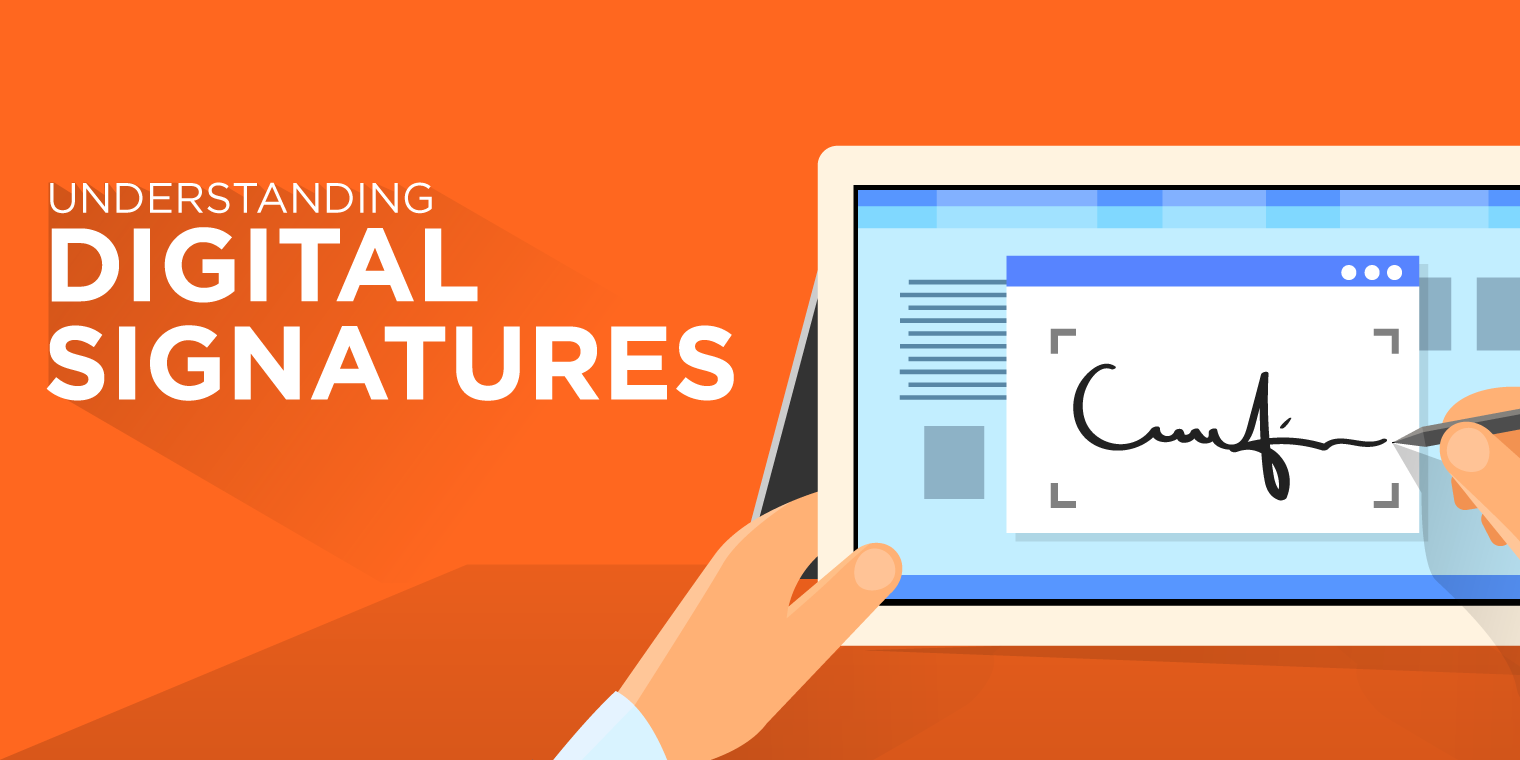
What is Digital Signature?
A Digital Signature Certificate (DSC) is a secure digital key that certifies the identity of the holder, issued by a Certifying Authority (CA). It typically contains your identity (name, email, country, APNIC account name and your public key). Digital Certificates use Public Key Infrastructure meaning data that has been digitally signed or encrypted by a private key can only be decrypted by its corresponding public key. A digital certificate is an electronic “credit card” that establishes your credentials when doing business or other transactions on the Web.
What are the types of Digital Signature Certificates?
Applications/Uses of Digital Signature Certificates
1. MCA e-Filing
2. Income Tax
3. Foreign Trade
4. e-Tendering/e-Procurement
5. Employee Provident Fund
What is an e-Token?
USB e-Token can be password protected so that Digital Signature is never lost when the computer is formatted or internet explorer changed. A virus cannot affect USB Token, and the digital certificate stored would always be secure. Trust Key token which is the most accepted, secure and widely used token device in India for storing your Digital Signatures.
Difference between Signing and Encryption
Message signing binds the identity of the message source to this message. It ensures data integrity, message authentication, and non-repudiation altogether. When signing, you use your private key to write message’s signature, and they use your public key to check if it’s really yours.
Message encryption provides confidentiality. Allows users to encrypt the document with the public key which can be decrypted only with the corresponding private key. To put it in simple terms when encrypting, you use their public key to write the message and recipient uses their private key to read it. One of the most secure
